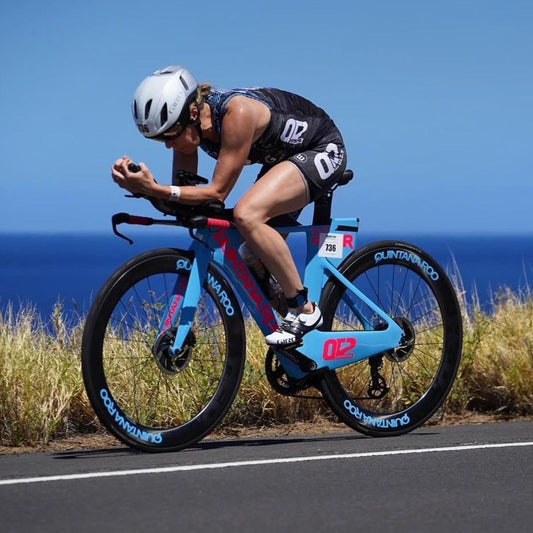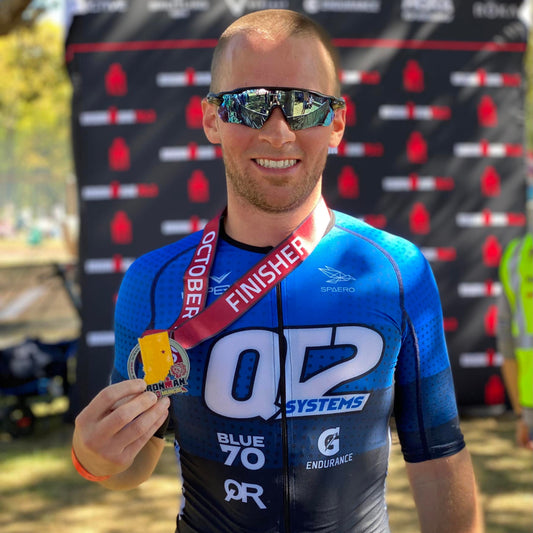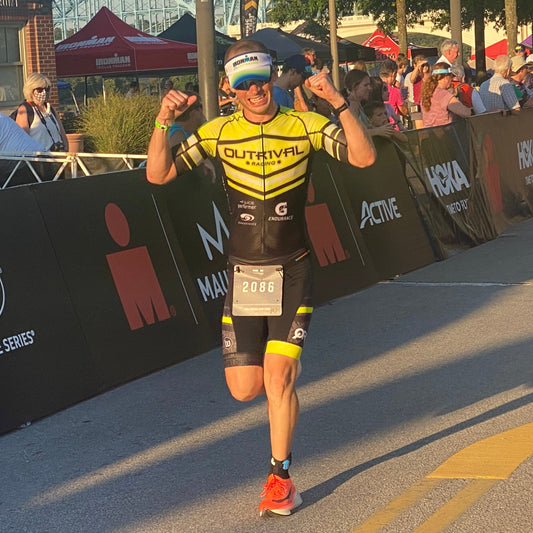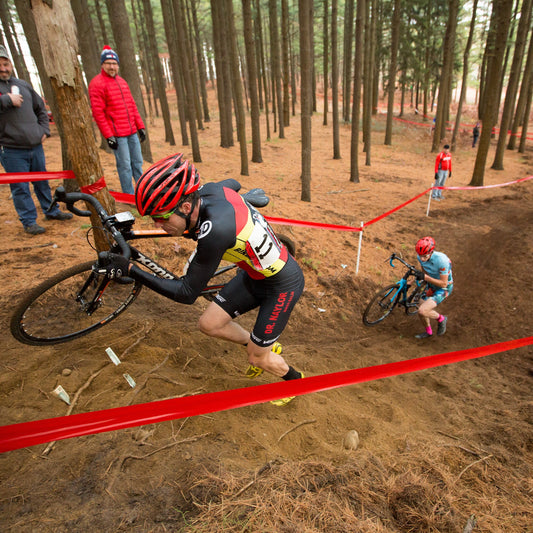The Athlete You Are Becoming
“The only limit to our realization of tomorrow is our doubts of today.” – Franklin D. Roosevelt
Introduction: The Stories We Tell Ourselves
Endurance training is not just about the miles you log—it’s about the story you tell yourself along the way. The way you interpret setbacks, failures, and even small victories shapes the athlete you become. Some athletes see a tough workout as proof that they’re not strong enough. Others see it as proof that they’re growing.
This difference in perspective is what sports psychologists call the growth mindset vs. fixed mindset.
- A fixed mindset says: “I’m either good at this, or I’m not.”
- A growth mindset says: “Every workout is an opportunity to learn and grow.”
For emotionally driven athletes like you, embracing a growth mindset isn’t just about getting stronger—it’s about deepening your relationship with the sport, finding joy in the process, and learning to trust your resilience.
The Emotional Weight of Training
Unlike data-driven or highly competitive athletes, you experience training deeply. You don’t just track progress; you feel it. That’s a strength—but it can also make self-doubt louder when things don’t go as planned.
Here’s what a fixed mindset might sound like during training:
- “I failed that interval. I’m just not fast enough.”
- “Everyone else is improving, but I’m stuck.”
- “I’ll never be the kind of athlete I want to be.”
A growth mindset reinterprets the same experiences in a way that fuels improvement:
- “That interval was tough. I wonder what I can learn from it?”
- “Progress isn’t linear. I trust my work, even when it feels slow.”
- “I’m becoming a stronger athlete every time I show up.”
Reframing Struggles as Stepping Stones
Imagine your training journey as a long, winding trail through the mountains. Some days, the path is smooth. Other days, you hit steep climbs, harsh weather, or moments where you feel completely lost.
The fixed mindset athlete sees obstacles and thinks: “I should turn back. This isn’t for me.”
The growth mindset athlete thinks: “This is part of the process. I’m learning how to move forward.”
A great example of this mindset in action is elite ultrarunner Courtney Dauwalter—famous for her joyful embrace of suffering. Instead of dreading the pain of long-distance racing, she welcomes it as an invitation to grow.
Your Mindset is a Muscle
Just like your legs adapt to mileage and your lungs strengthen with effort, your mindset is trainable.
Three Mental Shifts to Build a Growth Mindset:
- Notice & Name Your Thoughts – Catch self-limiting beliefs as they arise.
- Reframe Setbacks as Data – Every tough session is information, not a verdict on your abilities.
- Celebrate Effort Over Perfection – The athlete who consistently shows up will always outgrow the one who waits for things to be easy.









